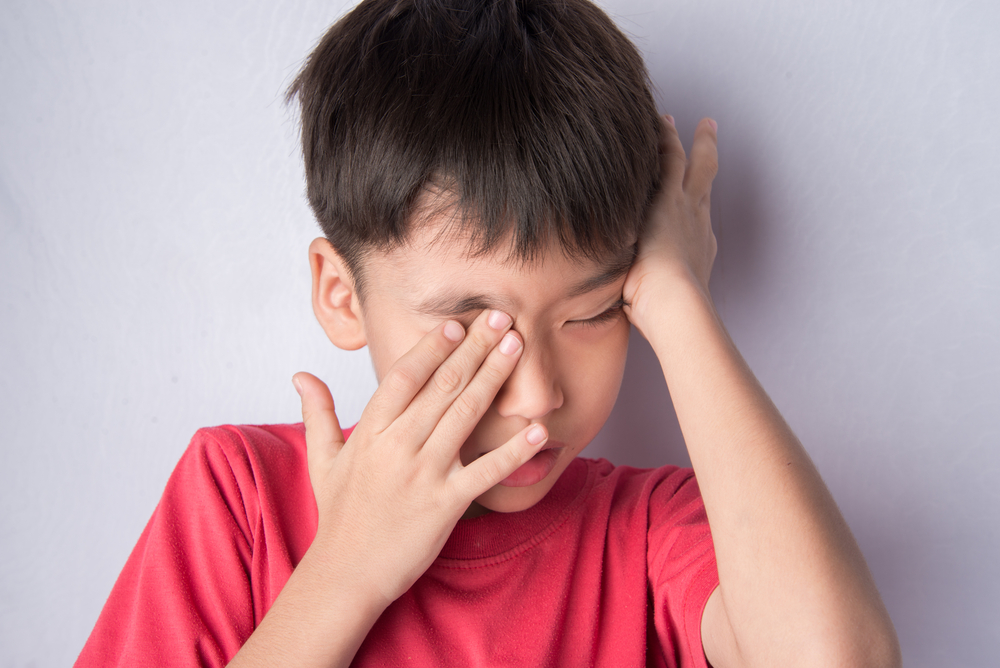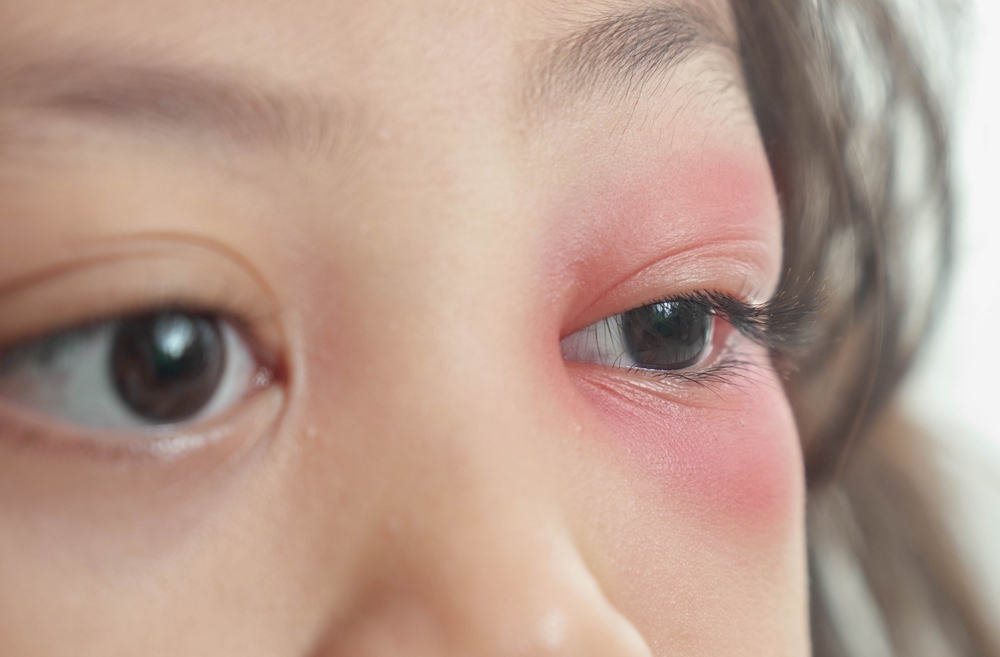
Source: Ophthalmologist,Yu Wang Hon
During seasonal changes, children often rub their eyes, and their eyes may become watery, mostly due to eye allergies. About 10 to 20 percent of children experience eye allergies, and the severity can vary depending on the season, with more severe cases occurring in the fall and winter.
Common symptoms when children have eye allergies include redness of the eyes, eye swelling, frequent eye rubbing, dark circles under the eyes, and excessive tearing. Sometimes, there may also be swelling of the eyelids and conditions similar to eczema on the eyelids. Typically, children with eye allergies may also have conditions like skin eczema, asthma, or nasal sensitivities.

The causes of eye allergies are often related to genetics, but they can also be influenced by changes in weather, humidity, and temperature. Additionally, air pollution, dust mites in the home, and owning pets are common contributing factors.
In fact, for the majority of individuals with eye sensitivity, it doesn’t affect their vision. However, a small percentage of children may have more severe eye sensitivity that persists beyond seasonal variations. In some cases, the cornea may become damaged or scarred, leading to vision impairment.
As for keratoconus, it’s a corneal disorder where the curvature of the cornea, which is typically stable, continuously deepens in a small percentage of individuals. In the long term, even with eyeglasses or contact lenses, vision cannot be corrected, and surgery or other treatments may be necessary. Presently, for the treatment of keratoconus, a procedure involving corneal collagen cross-linking is used to stabilize the corneal curvature and slow down the progression of deepening.
©2023 版權屬 宣道會社會服務處所有
Powered by Parents Daily